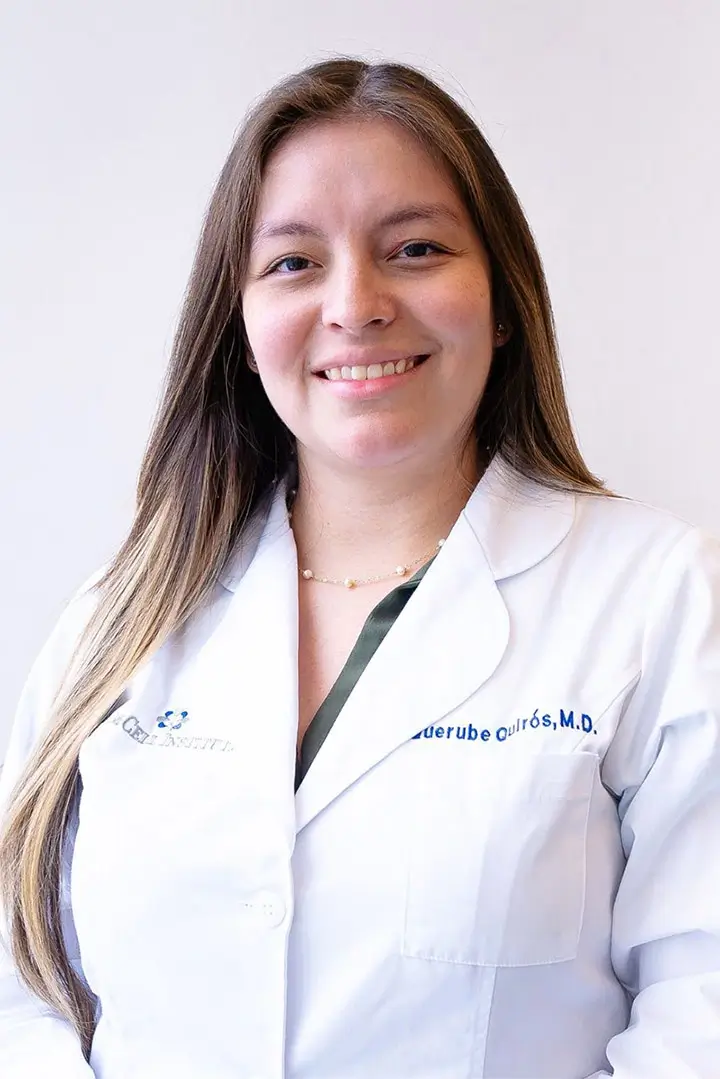Researchers at the Salk Institute for Biological Studies in La Jolla, California, have successfully generated a new type of iPS (induced pluripotent stem) cells from the keratinocytes that are attached to a single human hair. The procedure represents a doubling of the speed and a 100-fold improvement in the overall efficiency of generating iPS cells when compared to the original methods that were initially used in early experiments, in which only one out of every 10,000 cells was successfully reprogrammed into an iPS cell. According to Dr. Juan Carlos Belmonte, who led the study, “Having a very efficient and practical way of generating patient-specific stem cells, which, unlike human embryonic stem cells, wouldn’t be rejected by the patient’s immune system after transplantation, brings us a step closer to the clinical application of stem cell therapy.”
After a single human hair is plucked from the scalp, the keratinocytes are reprogrammed into “keratinocyte-derived iPS cells”, or KiPS cells, to distinguish them from ordinary iPS cells which are derived from fibroblasts in the skin. Keratinocytes, which develop from the basal layer of the epidermis to form the uppermost layer of skin, produce the protein keratin which is the primary constituent not only of hair and skin but also of nails. According to Dr. Trond Aasen, a postdoctoral fellow at the Center of Regenerative Medicine in Barcelona who collaborated on the research, “We plucked a single hair from a co-worker’s scalp and cultured the keratinocytes, which are found in the outer root sheet area”, and which were then reprogrammed into KiPS cells. As Dr. Belmonte explains, “We checked a whole rainbow of cells and found keratinocytes to be the easiest to reprogram. It is still not clear exactly why that is, and knowing it will be very important for the technology to develop fully.”
The results of the research offer a fast and relatively simplified way to mass-produce cells which resemble embryonic stem cells in their pluripotency, yet which are obtained from an easily accessible source with noninvasive methods.

